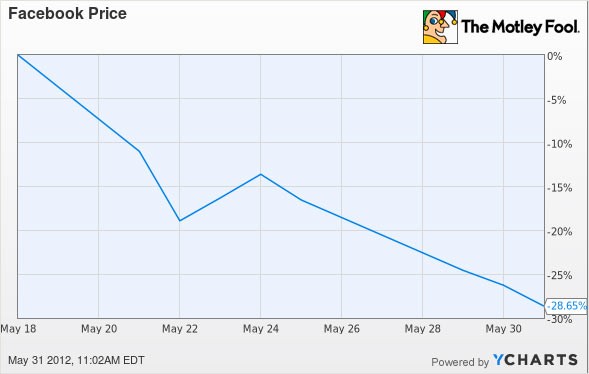Top 10 401(k) Questions You May Be Too Embarrassed to Ask (Part I)
Post on: 15 Май, 2015 No Comment

Top 10 401(k) Questions You May Be Too Embarrassed to Ask (Part I)
Have you ever felt hesitant to ask your investment advisor (or anyone else, for that matter) a question about investing or retirement planning? When it comes to these complicated topics, there are truly no stupid – or overly simple – questions. Though you might feel embarrassed asking a question if you think you “should” already know the answer, you’re better off getting the information than continuing to live in the dark about something so important and personal. After all, it’s your money … don’t you want to be confident about what you’re doing with it?
We get questions every day from people who admit being embarrassed about their perceived lack of knowledge. We’ve narrowed down that list to the top 10. This week, we take a look at the first few – and we’ll return next week to finish up the list.
What is a mutual fund?
A mutual fund is a “basket” of investments, usually stocks and/or bonds. When all of the investments are bundled together into a fund, people can purchase shares in the mutual fund. Having mutual fund shares means an investor owns part of the investment basket – regardless of which underlying investments are bought or sold. Mutual funds are often preferable to single stocks and/or bonds because of their diversification (the practice of purchasing a wider variety of investments to lessen a portfolio’s overall risk), convenience and lower costs.
What is vesting?
Vesting refers to the practice of delaying an employee’s ownership of the company match (or any other company contribution, like profit-sharing) for a specified number of years. Leaving a company before you’re fully vested means you would lose all or a portion of your company match contributions, potentially taking a big hit to your retirement savings.
What is a Roth contribution option?
Roth 401(k) contributions are after-tax contributions, meaning that they are made after an employer withholds taxes. Because the employee already paid taxes, he/she will not owe taxes on distributions.
Here is a simple breakdown of the difference between Roth 401(k) contributions and traditional 401(k) contributions:
- Traditional 401(k) = income taxes paid on distributions
- Roth 401(k) = income taxes paid on contributions
For many investors, the deductibility of traditional pre-tax 401(k) contributions steers them in that direction, but others are more attracted to the tax-free distributions of a Roth 401(k). One possible solution is splitting your contributions between the two types (if offered by your plan administrator) so you can enjoy the benefits of both. An investment advisor can more closely examine your specific situation and help you make an informed decision.
One thing to keep in mind: if an employee receives a company match on a Roth contribution, the company match is a pre-tax contribution. The funds that result from company matches and the associated growth are subject to regular income tax when distributions are drawn at retirement.
What is an index fund?
An index fund is a type of mutual fund that matches or tracks the components of a market index, like the S&P 500 Index or Dow Jones Industrial Average (Dow). It can provide exposure to a large number of companies within a specific market segment. Typically, index funds have low management fees and returns similar to those of the indices they track. The term “index investing” is often used interchangeably with “passive investing .” With index investing, if the index rises 10 percent, the fund value should grow about 10 percent; if the index falls 10 percent; the fund should drop around 10 percent.
What is a bond?
Bonds are commonly referred to as fixed-income securities. They’re often used by 401(k) investors to help diversify a portfolio and manage its risk. A stock is an ownership share in a company, whereas a bond (or debt obligation) is a claim on the assets of a company. There is generally less risk in owning bonds than in owning stocks. Bonds tend to provide a higher and steadier income than a money market or savings account; however, stocks have historically seen higher returns over longer periods.
Next week, we’ll tackle the second half of the top 10 401(k) questions you may be too embarrassed to ask. In the meantime, if you have any additional questions about these subjects, feel free to contact a Smart401k investment advisor.
by Andrew Thomas
Investment Advisor
About Smart401k
Smart401k is a web-based investment advisory service providing unbiased recommendations to help people invest in employer-sponsored retirement plans. Smart401k provides service to nearly 11,000 clients who collectively have more than $2 billion in assets. Plan participants receive personalized, fund-specific investment recommendations and the support of professional investment advisers available to discuss all investment questions. Based in Overland Park, KS, Smart401k is online at www.Smart401k.com .














